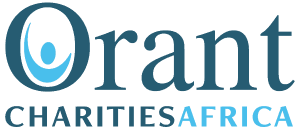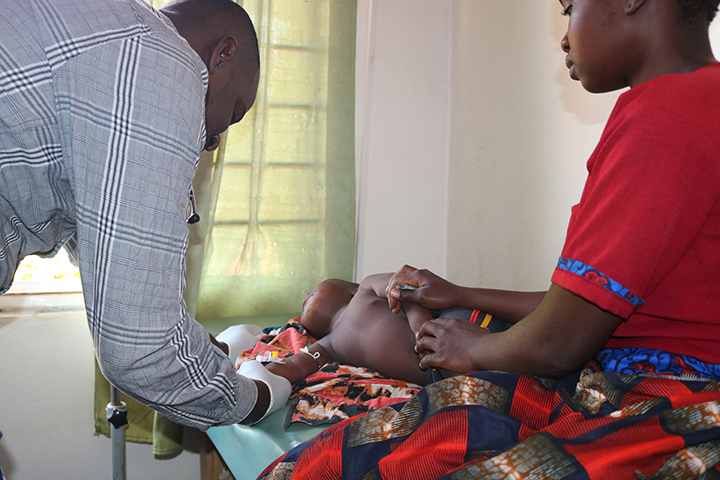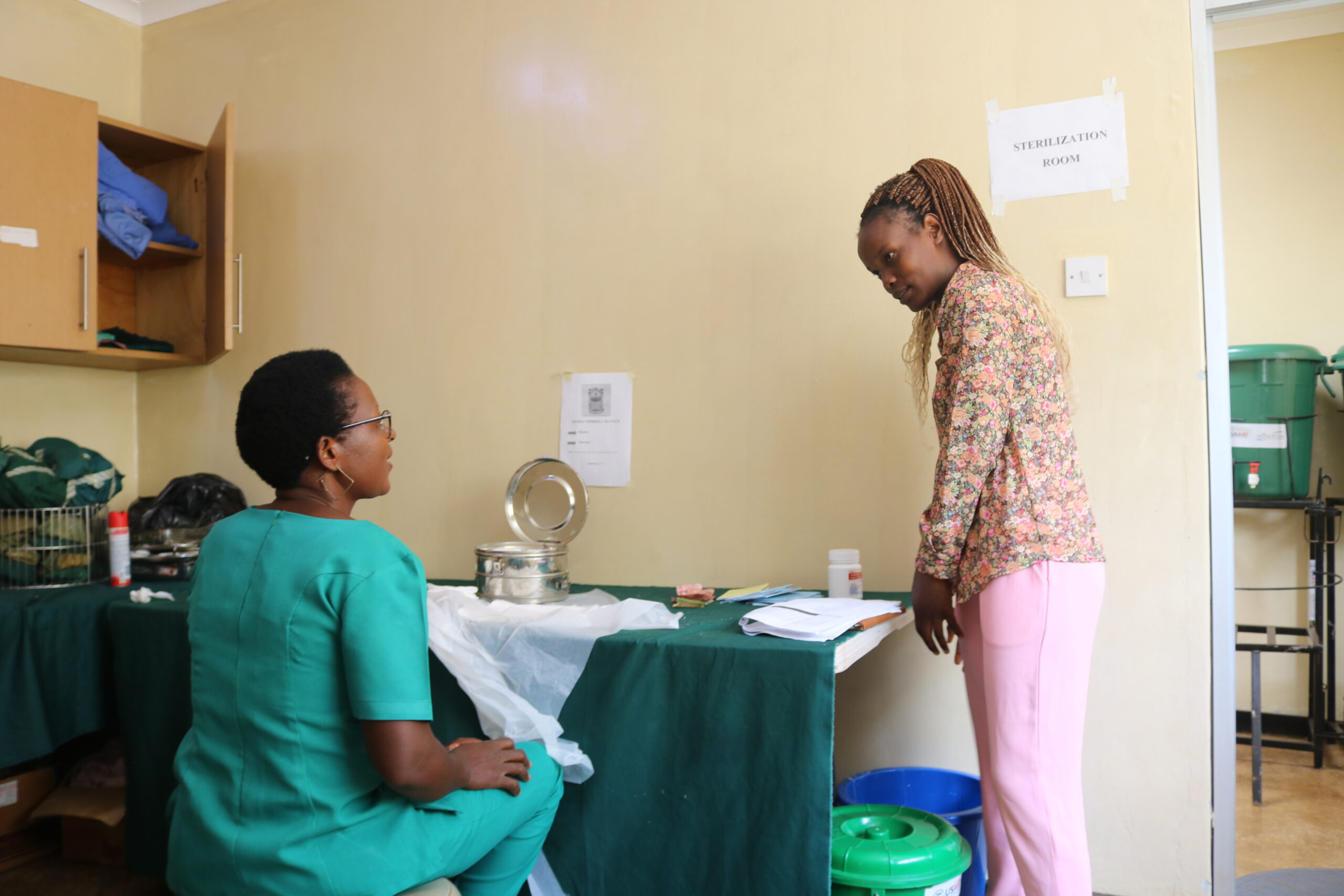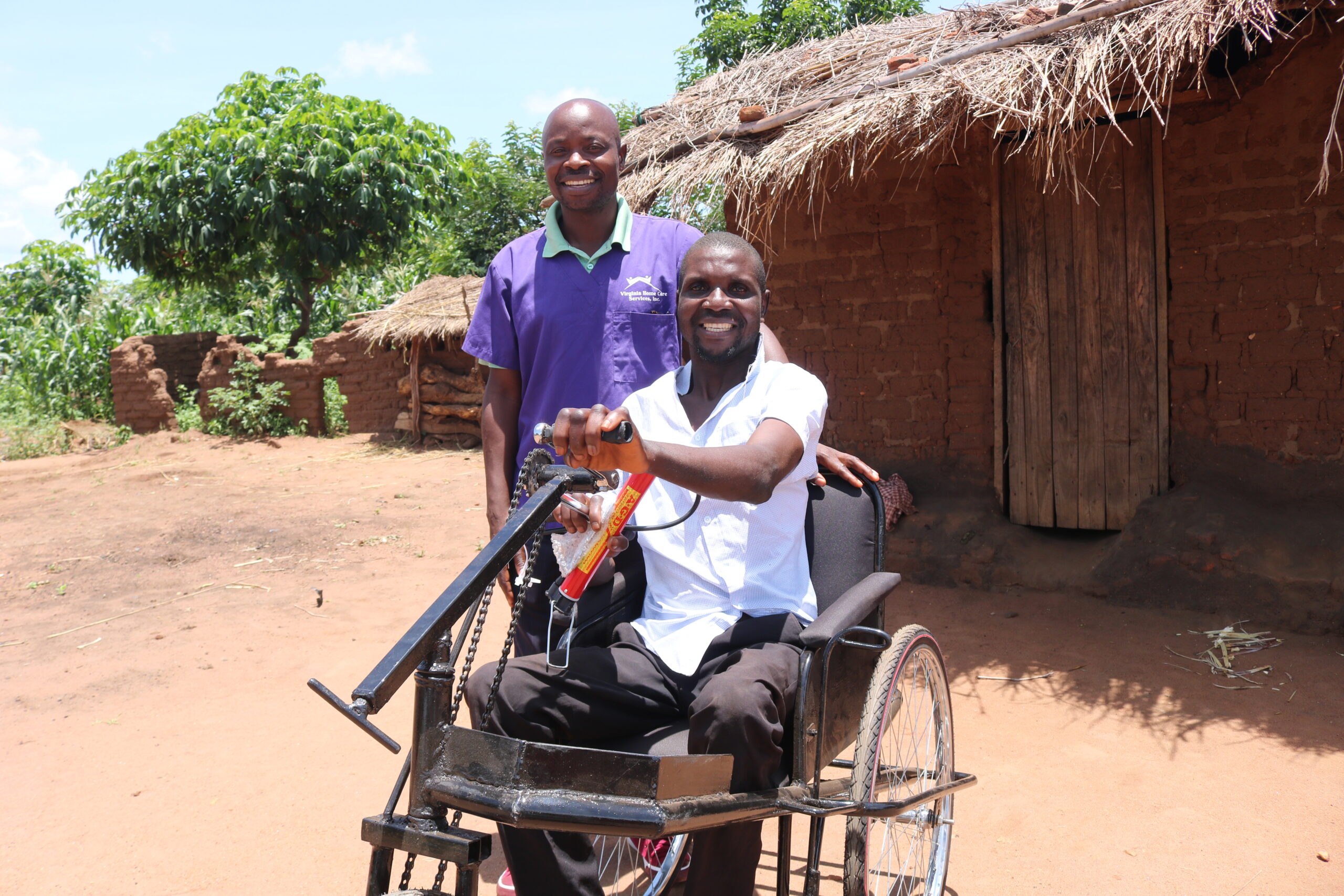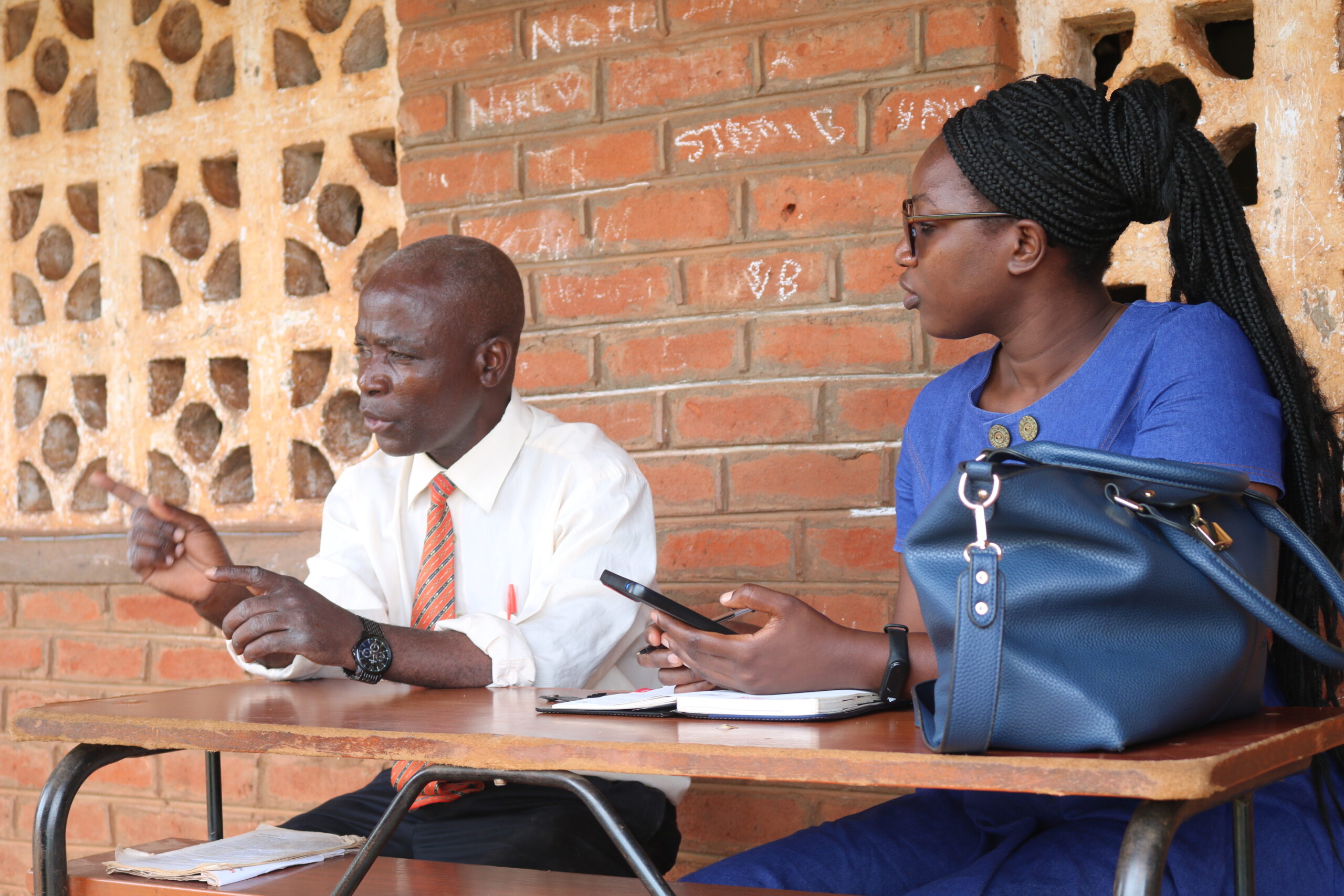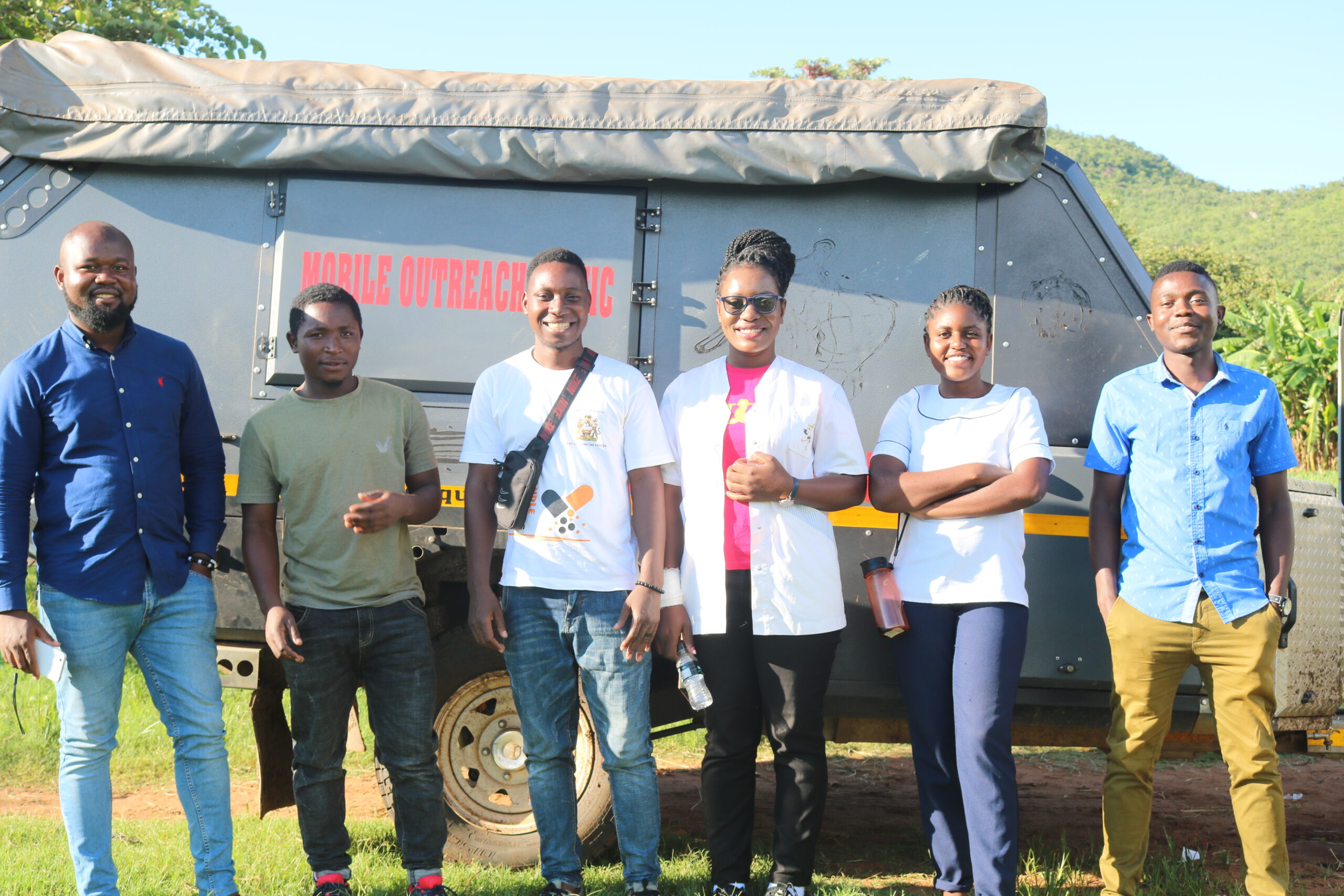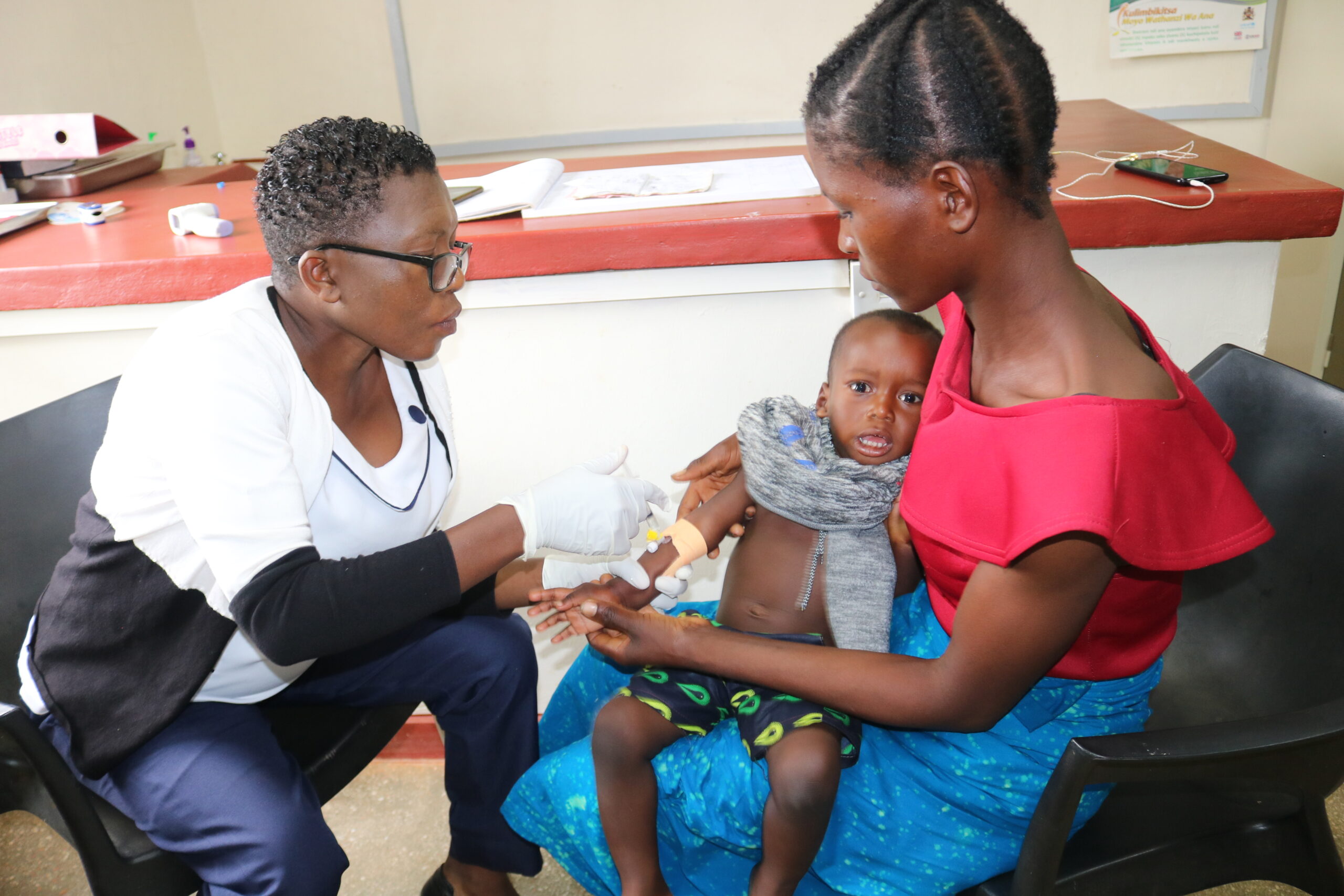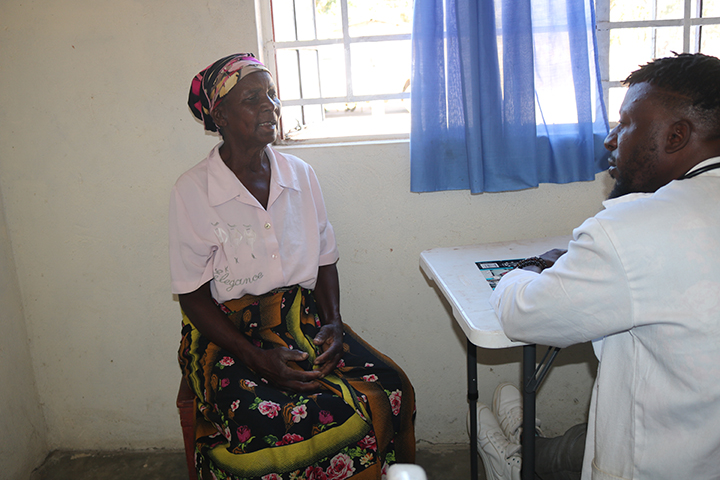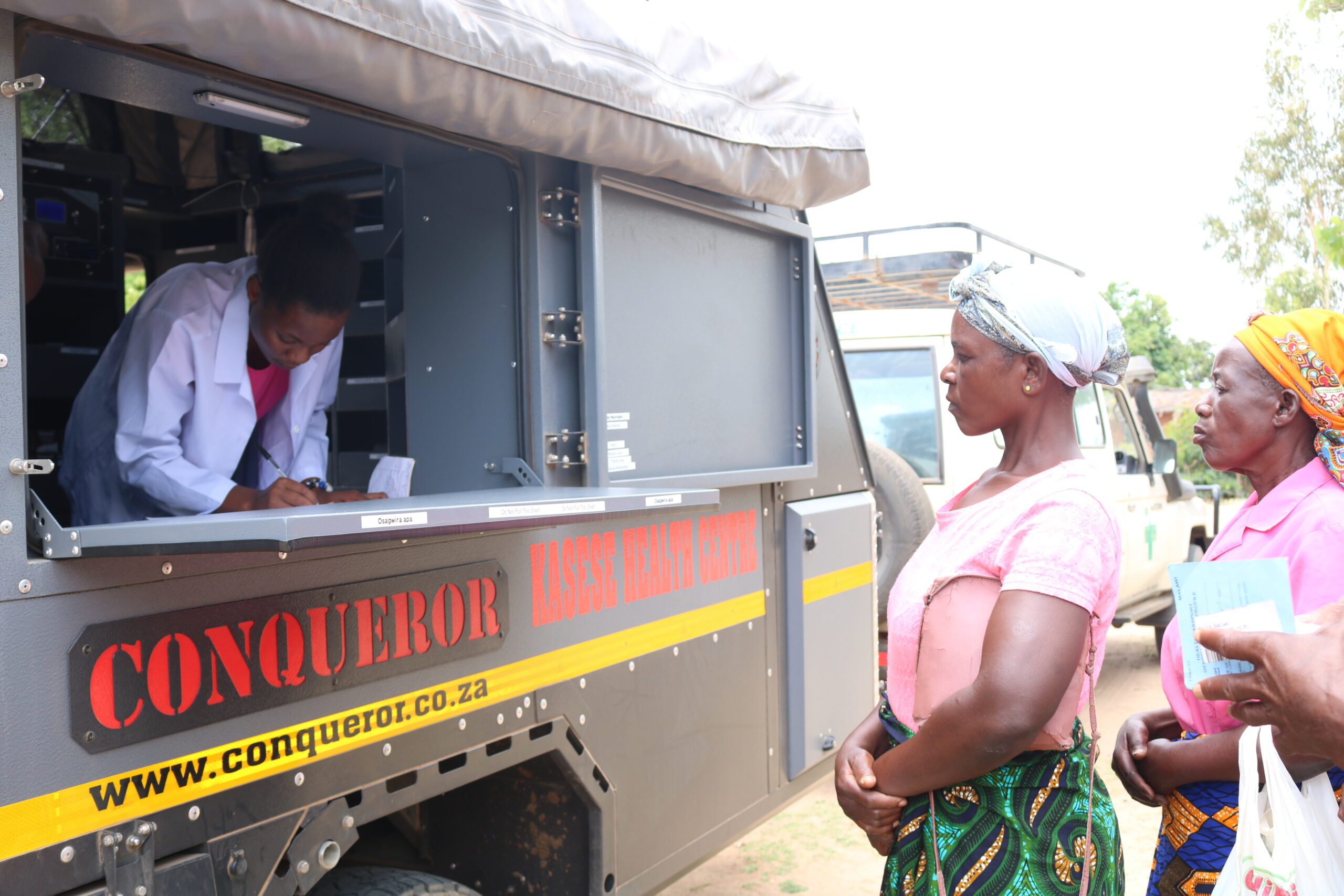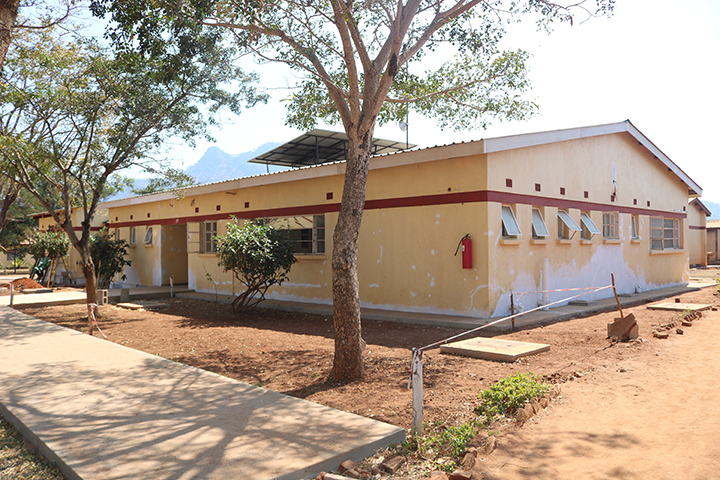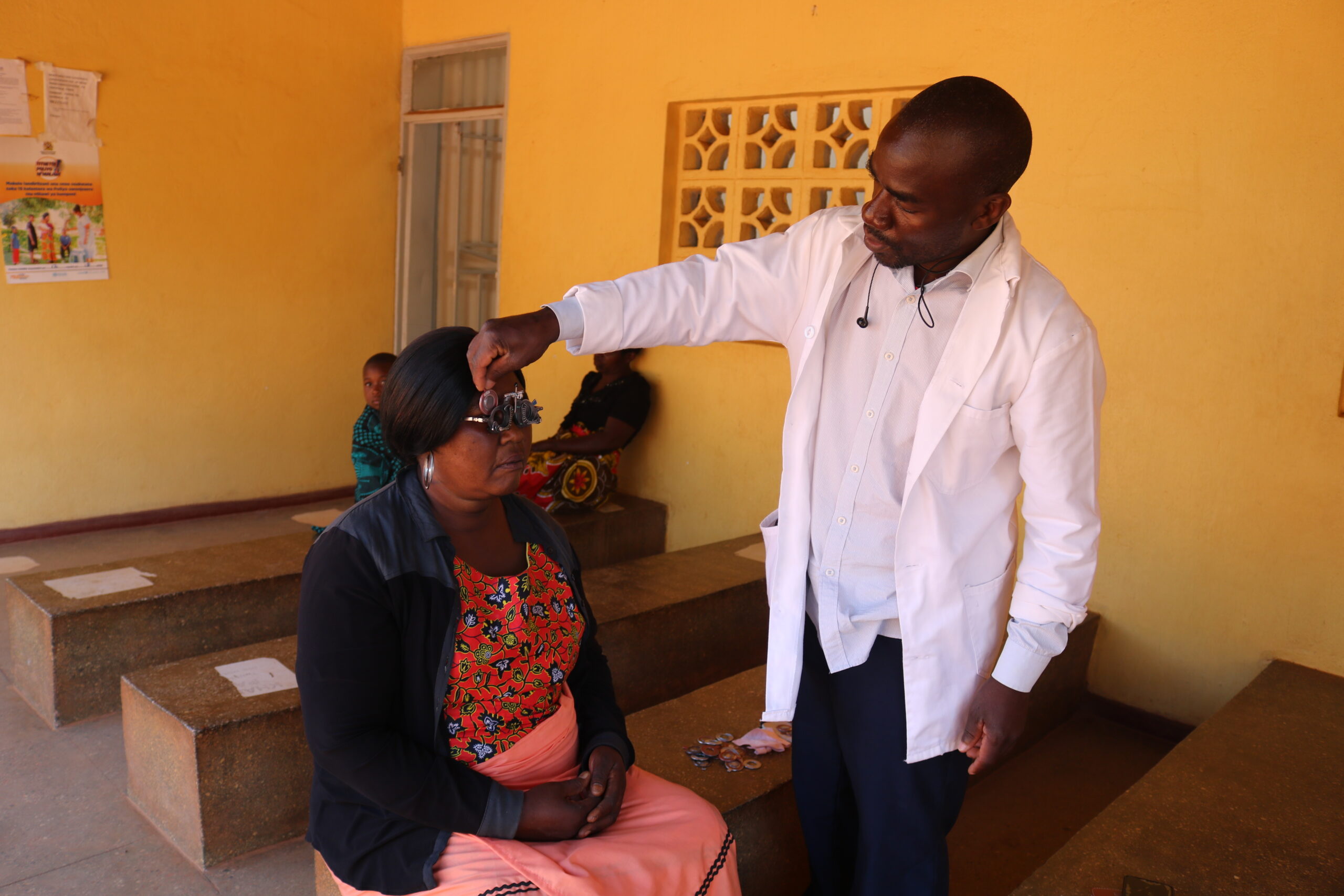Every year on the 25th of April, the whole world commemorates World Malaria Day, which is aimed at highlighting the need for continued effort in malaria control and prevention.
When COVID-19 Arrived in Rural Malawi
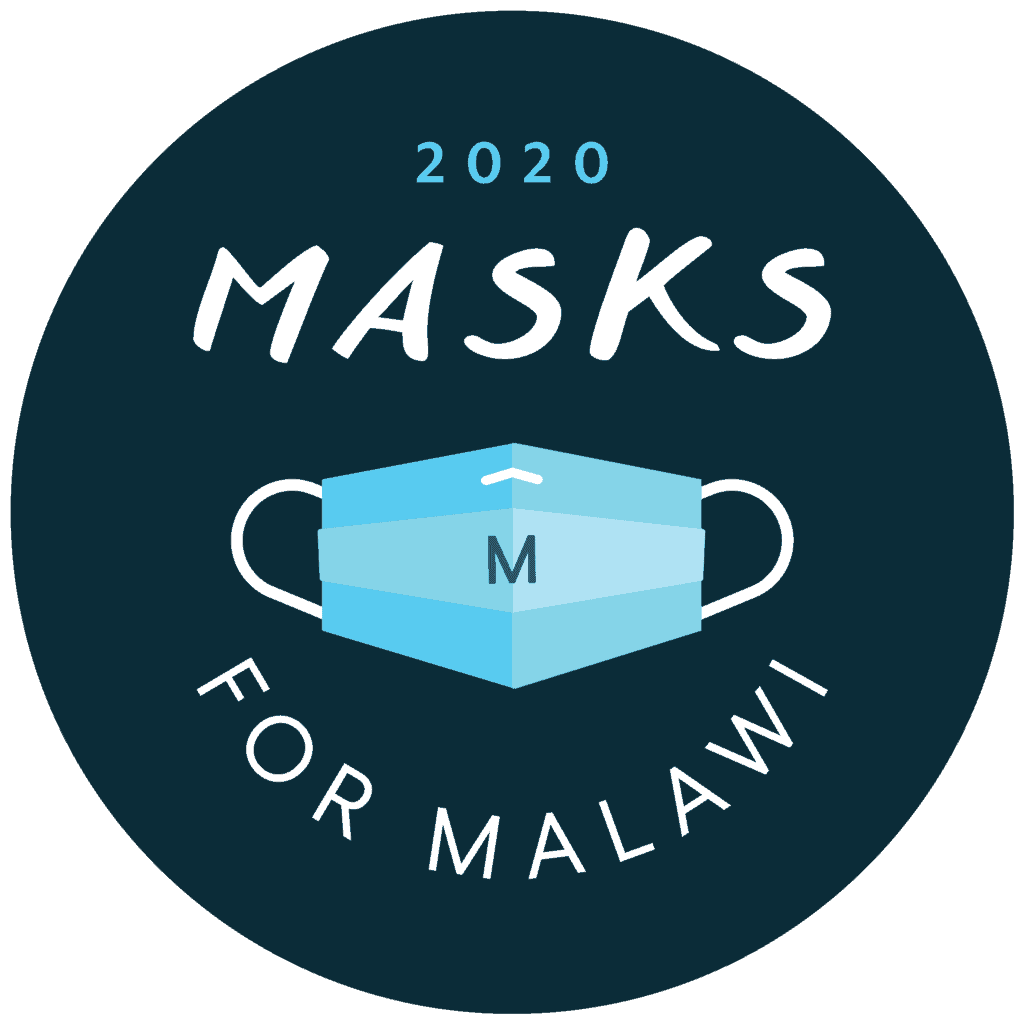
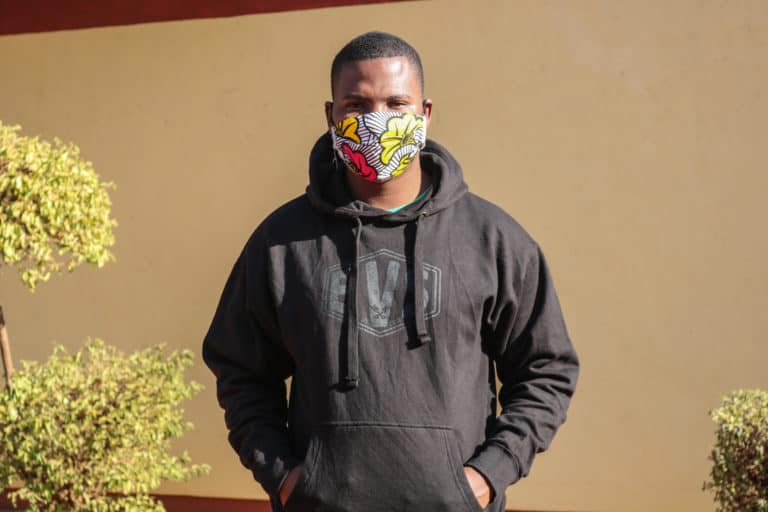
The Threat Approaching
Orant Charities Africa began preparing for coronavirus as soon as it caught word about the spread, but for a while the threat seemed far from home. Malawi was one of the last African countries to announce a case of coronavirus. Even then, its cases were contained to major cities like Lilongwe. Since Orant’s campus is more rural, its community felt safer and farther from the virus.
In July, the threat moved closer. One of Orant’s staff members started to feel unwell. For about a week, he suffered body fatigue, but no cough. The team assumed symptoms indicated malaria, but malaria tests came back negative. Orant asked the government to assist in coronavirus testing, and on July 23rd, the results came back.
“To see him test positive was a bit of a blow,” said Gabriel Kapanda, Country Director of Orant. “Almost everyone was in contact with him.”
Soon after, one other staff member tested positive. Both staff members self-quarantined in their campus houses, and took home remedies like ginger, fruits, and vitamins. Orant provided them with groceries, supplies, and support. Since they didn’t leave their respective houses, Orant hoped they wouldn’t spread the virus further. Luckily, they didn’t.
Orant invited a fumigation and disinfection specialist to thoroughly clean the campus with chlorine. Clinicians took a week off from seeing patients. Kapanda expressed concern about how cases like this might affect campus operations. The people in the Dowa District rely on Kasese Health Center to treat their medical needs.
A Larger Impact
The threat of coronavirus on campus doesn’t only affect operations, it also affects the budget. The government of Malawi is short on tests, which means organizations like Orant must buy tests from private centers. One test costs 50,000 kwacha, which is about $70 US dollars. If the virus were to spread farther in Orant’s catchment area, the cost of testing could consume a significant amount of money intended for other vital programs.
Orant implemented clinic shifts to keep all employees from working at the same time. In addition, Orant encouraged employees to refrain from socializing outside of work. On campus, protections had been in place for a while, but after positive test results, they felt more imperative than ever. All employees and patients were and are required to wear masks. Until September 1st, Orant cancelled mobile clinics and limited agricultural visits. Still now, though things are slowly returning back to a new normal, whatever business can be done remotely will be.
Remote work was a shift in the norm for Orant, as the majority of staff live on campus. Staff was used to seeing each other frequently and being involved in each other’s lives and work. The team has adapted to the situation, limited social contact, and communicated through emails and phones as much as possible.
Since July, no more of Orant’s staff has fallen ill.
“We thank God that he’s keeping us safe,” said Kapanda. “No one has died from Covid-19 in our catchment area and we’re still assisting patients. Our donors have been very supportive during this time, and we’re grateful that they have shared what little they have.”
Learn more about OCA’s plan to fight coronavirus here.
Stories From The Field
Improving Healthcare Services through Quality of Care Assessment
Last week, we were visited by the quality of care assessment team from Dowa District hospital. Read today's blog post to learn about how this exercise is important to us and the community we serve.
New Wheels from Orant’s Healthcare Program
We are always happy when our support brings a smile on peoples faces and changes their lives. In this week’s blog article, we are talking to Andrea Mwale, a 41 year old man from Chapuwala village in Kasese. Andrea shares his gratitude towards the support that our Healthcare program has recently provided to him.
School Surveys Lead to Better Learning Outcomes
Data is one of the most important tools in all our programs as it helps us measure whether our programs are making an impact or when it’s time for change. For the past three weeks, our Education program has been surveying schools in our catchment area. Check out today’s blog to learn more about how this survey is going to contribute to our Education program.
Improving Healthcare Access in Rural Malawi
We are thrilled to announce the opening of our new Mobile Outreach Clinic this week, which is a great stride that our Healthcare program has achieved! We have started our operations with treating Chatalala Community in Kasungu district, Traditional Authority Njombwa. Read our blog post to learn more about how the new mobile outreach clinic will serve communities better.
Malaria Season in Malawi
Summer in the Southern Hemisphere brings malaria season in Malawi, a dangerous disease that can kill those who do not receive treatment in time. Orant works to ensure that those afflicted with the disease receive the proper treatment and recover.
The Challenge of Noncommunicable Diseases in Rural Malawi
Noncommunicable diseases (NCDs) remain a huge burden to the healthcare sector in Malawi. Read our blog post to learn more about NCDs.
Conducting Mobile Outreach Clinics in Malawi
Your donations have purchased a new trailer for our Mobile Outreach Clinic! Read our latest blog as our Mobile Outreach Clinic (MOC) team shares how the new trailer will be of great help to the team’s daily operations.
A New Hope for Mothers in Malawi
In rural Malawi, pregnant women face many challenges including lack of access to prenatal care, poor nutrition, and lack of safe spaces to deliver their babies. Orant is working to change that with the renovation of our maternity ward. Read about it in this week’s blog.
Orant Improves Eye Health in Rural Malawi
On the last Wednesday of every month, our Kasese Health Centre conducts eye clinics for local residents in need of treatment. Read our latest blog to learn more about our eye clinics and how they help people in rural Malawi.
